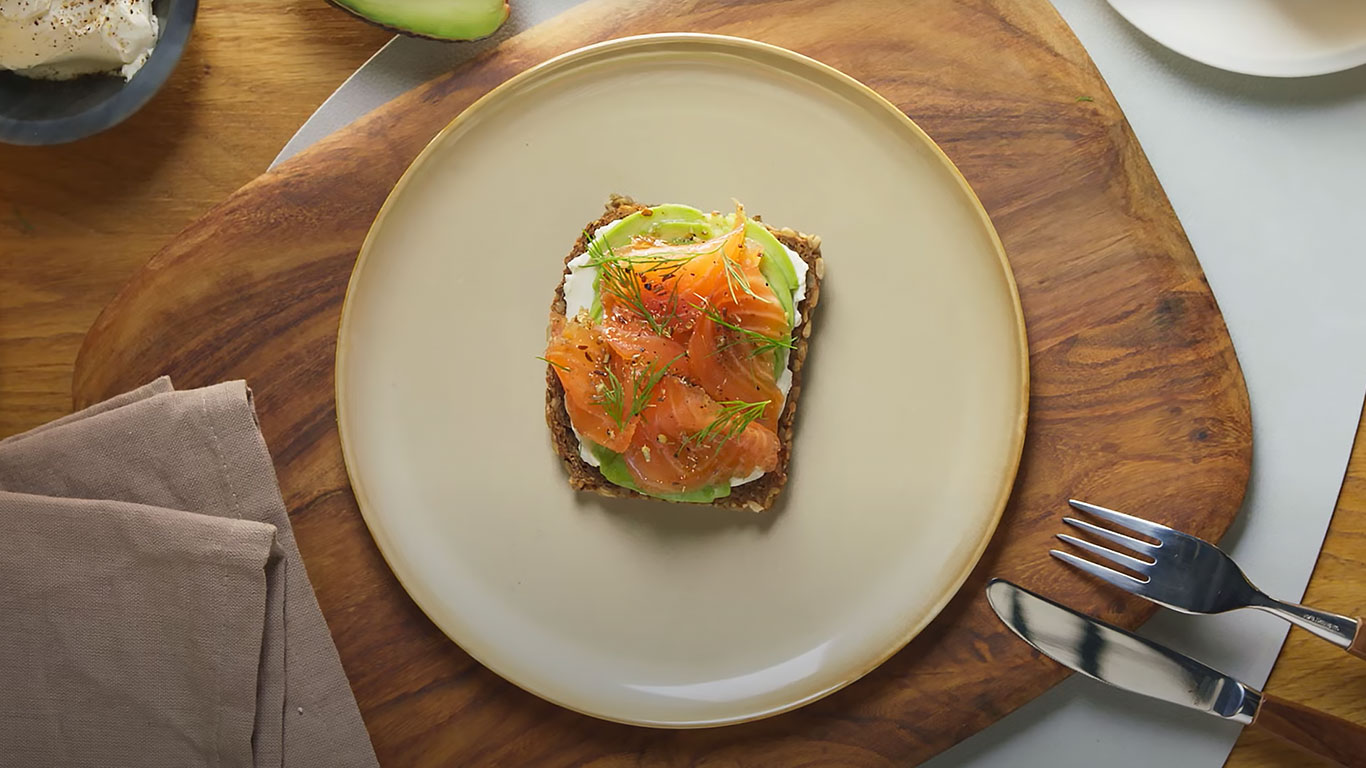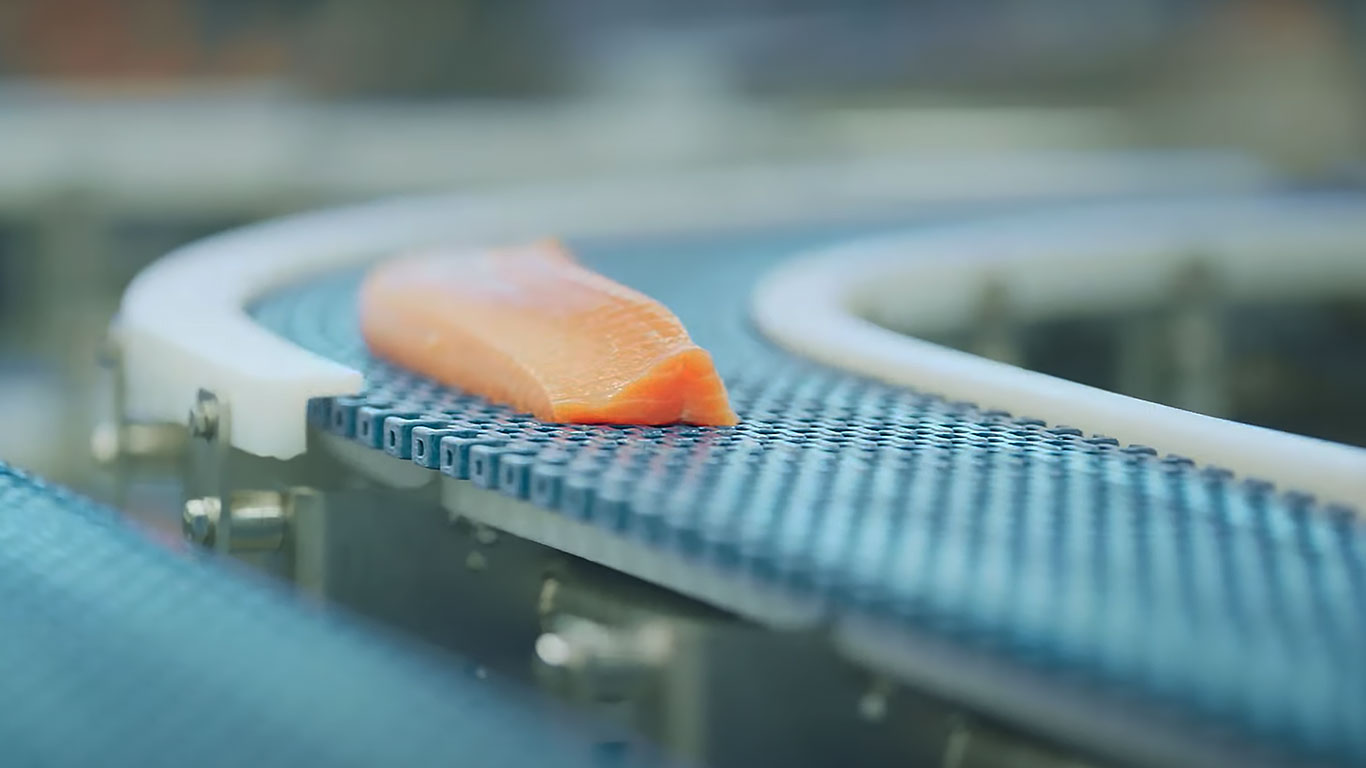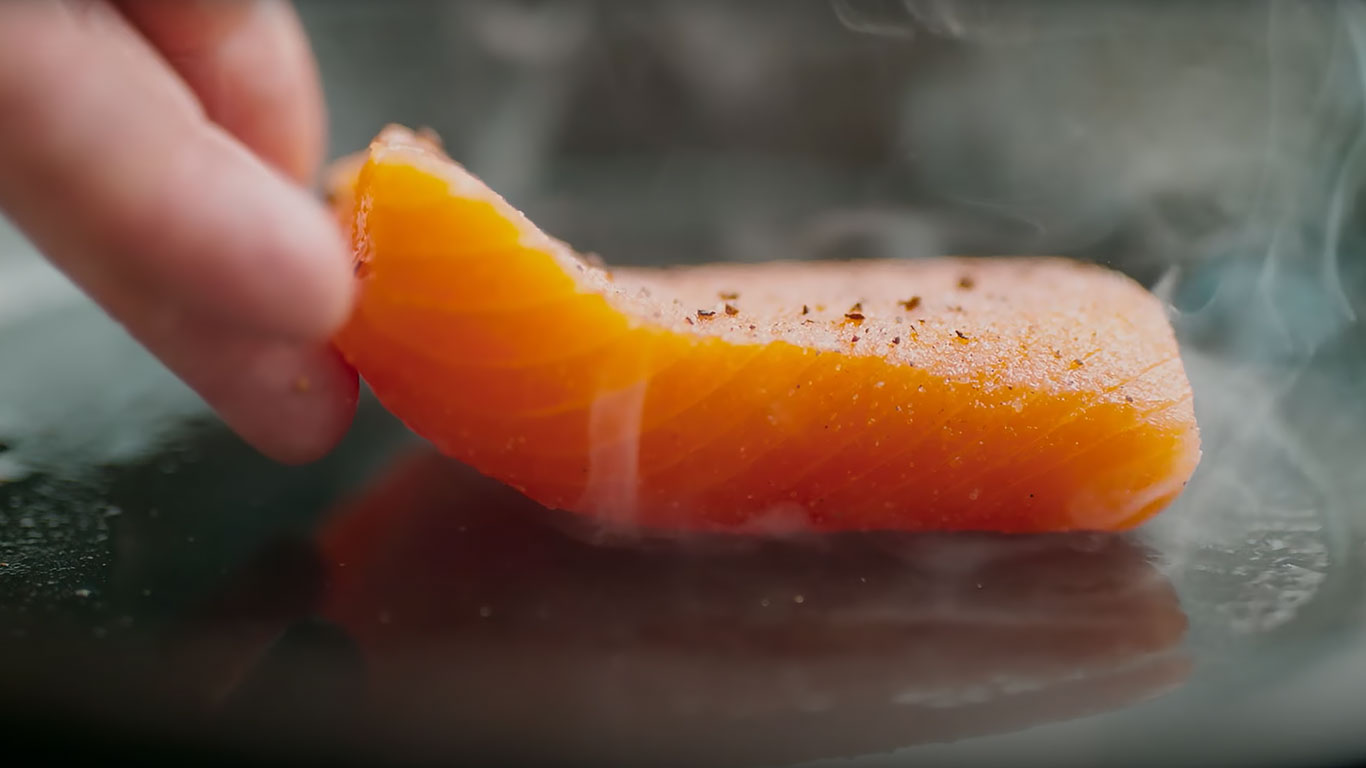Frøya salmon and sustainability
Frøya obviously strives towards sustainability within all three dimensions of the concept; economic social, and environmental issues. First and foremost, however, we must abide by current rules and regulations.
Frøya is produced from fresh Norwegian salmon farmed and processed by our Norwegian sister company Salmar AS. Salmon farming in Norway is mainly regulated by the Aquaculture Laws as well as a number of other laws, rules and regulations.
Laws and regulations
Norwegian salmon farming is based on an intricate licensing system. Aquaculture in Norway be established, operated and wound up in a sustainable manner as set out in the Aquaculture Laws. Among other things the law stipulates requirements for environmental surveillance, re-catch of escapees, returning farming sites to their original state after ending operations, as well as conservation of certain areas where farming is not allowed. In addition further regulations in this law as well as in the food laws and environmental protection laws directly and indirectly defines and regulates the industry’s environmental footprint in conducting its activities.
Directorate all have regulatory and monitoring responsibilities concerning the environmental impact of aquaculture farms.

Control and monitoring
Both the Directorate for Fisheries, Food Safety Authorities, Coastal Authorities, The County Governors offices and The Norwegian Water Resources and Energy Directorate all have regulatory and monitoring responsibilities concerning the environmental impact of aquaculture farms. In addition, the aquaculture industry must conduct its own risk assessment, controls and monitoring activities of various environmental factors described in the relevant statutes and permits concerning the operation of their farms.
International certification
In addition to complying with the above Norwegian rules and regulations, Salmar is also GlobalG.A.P certified. GLOBALG.A.P. is an international certification of farming, husbandry and aquaculture. The standard for aquaculture sets out criteria relating to; the environment, ecology, fish welfare, food safety as well as workforce health and safety. The standard covers the whole value chain from feed suppliers to brood stock, farming, harvest and processing. The standard requires documentation of annual self controls in addition to 3rd-party inspections by independant inspectors prior to certification. Everything is re-inspected on an annul basis.
A large number of the farms run by SalMar are also certified by Aquaculture Stewardship Council (ASC). The goal is to certify all farming sites in due course. Not until all sites have been certified can we guarantee that each pack of Frøya is ASC certified and start using the ASC logo.

The parts of the fillets not used for Frøya is sold for other types of human food consumption.
SalMar maximizes use of raw material and takes care of waste
The parts of the fillets not used for Frøya is sold for other types of human food consumption. Furthermore, all offcuts from SalMar processing activity are sent to Nutrimar for use in production of various oils, fishmeal and protein products. The slurry from SalMar´s hatcheries is also sent to external facilities for use in production of fertilisers or biogas. Other waste from farming locations is delivered to approved recycling stations. This is to ensure that raw materials and waste are handled properly, and that nothing goes to waste.
Recycling of packaging materials
Frøya´s goal is to use 100% recyclable materials and we work closely with our suppliers to achieve this. Unfortunately we haven’t yet found packaging materials for the inner plastic pack satisfying our requirements. Consequently, this packaging has to be discarded as residual waste, for the time being. Distribution to stores and restaurants is done mainly in recyclable cardboard boxes.
For more information about sustainable aquaculture please visit Salmon Facts as well as https://www.salmar.no/en/sustainability/
More facts about Frøya salmon:
Salmon is healthy!
Farmed salmon is healthy and safe. This fact has been established time and again by food safety and nutritional authorities in the more than 110 countries where Norwegian salmon is imported.
Safe to eat Frøya raw straight from the pack
It is safe to eat Frøya raw even without prior freezing. Also when cooking with Frøya you don’t have to overcook your fish to feel safe – Frøya is best enjoyed when prepared rare to medium rare.


